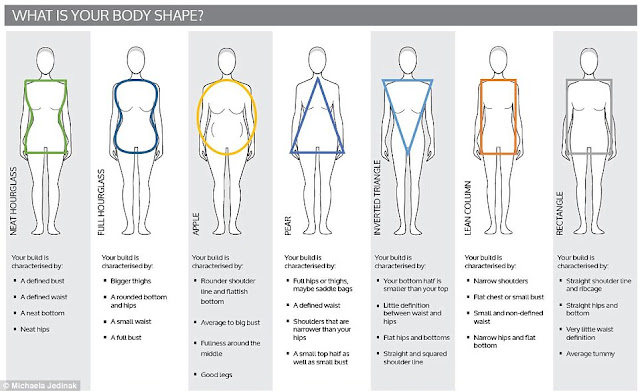7 things that nobody tells you about PCOD
You've probably heard of PCOD. It's hard not to come across his disorder actually, considering it affects one in every 15 women in the world. Well as short and sweet the name sounds, the ailment is anything but.
Also known as polycystic ovarian disorder, it is a lifestyle disorder which affects the body's endocrine system and manifests as irregular and painful periods, enlarged ovaries with cysts, acne on face and body, balding, weight gain, facial hair, amongst other things.
Sounds threatening right? Well, that's not the worst of it. You can live with PCOD for years, without getting diagnosed.
And yes, it can happen to you. Perhaps it already has. So here are seven things you need to know about PCOD:
PCOD Affects Thin Women Too
If you thought this disorder only affected women who are on the heavier side, you are wrong. A common misconception is that everyone with PCOD is overweight, but this is not always the case. In fact, up to half of women diagnosed with PCOD are of normal weight--some are even underweight.
Just Because You Don't Have Cysts, Doesn't Mean You Don't Have PCOD
Sure the name of the disorder has the word 'cyst' in it, but a lack of it doesn't mean you're PCOD-free. There are a variety of factors that can indicate PCOD, like excess androgen (male) hormones in the body which can cause growth of facial hair, amongst other things.
If You Have Adult Acne, You Could Have PCOD
Usually considered to be the bane of puberty, if acne refuses to part ways with you in your 20s, despite stringent measures, chances are you have PCOD. The result of surging male hormones in the body, it is often accompanied by massive hair loss, bald patches, and hair growth on chin, cheeks, neck, chest, and stomach.
PCOD Can Make You Susceptible to Diabetes
One of the hallmarks of PCOD is insulin resistance--a precursor to type-2 diabetes. PCOD and insulin resistance have a incestuous relationship. You see, increased levels of glucose and insulin in the body boost the production of male hormones in the body even further, thus worsening the symptoms of PCOD.
It Also Causes Vitamin Deficiencies
Women suffering from PCOD are often prescribed oral contraceptive pills and insulin controlling medicines. Both these medicines, together and on their own, can interfere with the absorption of vitamin B12.
A deficiency of vitamin B12 is serious as it can result in permanent neurological and nerve damage. Common symptoms in those with a vitamin B12 deficiency include mood changes, fatigue, and numbness or tingling in arms, fingers, legs, and feet.
PCOD Can Make You Moody--Seriously!
As if women with PCOD don't have enough to deal with, they are also at a higher risk for mood disorders. Anxiety, depression, and bipolar disorder have been shown to be more common in women with PCOD--thanks to the hormonal disturbance this disorder causes. Though given, all that a woman with PCOD goes through, you don't really need depression to be said.
Thankfully, PCOD is reversible
Sedentary lifestyle causes PCOD, and an active one can actually reverse it. A healthy diet plan, regular exercise, sufficient sleep, and stress management all work together to improve your fertility and optimize your health--making you free of this disorder.





Comments
Post a Comment